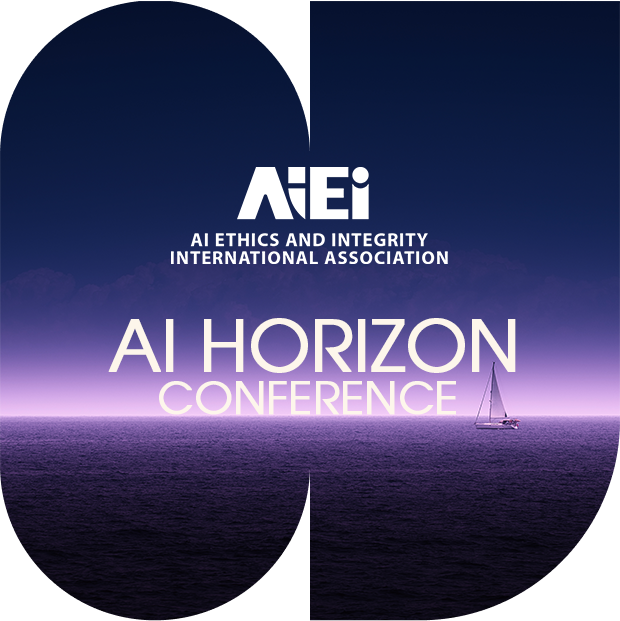The U.S. AI Action Plan: A Path to Ethical and Responsible Use of AI

The field of artificial intelligence (AI) has become a focal point of intense international competition, with major technology companies, such as Meta, channeling hundreds of millions of dollars into recruiting leading engineers to develop cutting-edge AI systems.
Substantial investments in AI underscore its economic potential and highlight the need for legal frameworks that ensure a balance between technological advancement and societal interests. This article will examine the position of the United States, with particular reference to the updated AI Action Plan.
The Importance of AI Regulation Globally
Artificial intelligence (AI) offers vast opportunities but its unregulated application raises ethical, social, and economic challenges. Flawed algorithms can perpetuate bias, data breaches undermine privacy rights, and the concentration of AI capabilities within large corporations exacerbates global inequality, restricting access for smaller market participants.
Without unified regulations, AI market participants face uncertainty. Who bears responsibility for algorithmic errors? How can collected data be protected? Such ambiguity creates legal risks and complicates adherence to ethical standards. A regulatory framework that balances societal protection with innovation is essential for sustainable technological development.
Drawing from international examples, we observe the following:
- The European Union adopted the AI Act, which entered into force in August 2024, becoming the first jurisdiction to implement comprehensive AI regulation. This legislation classifies AI systems by risk level, prohibits unacceptable practices such as social scoring, and imposes stringent penalties for severe violations. While this approach prioritizes rights and safety, influencing global standards, it may stifle innovation due to high compliance demands.
- The United Kingdom employs principles of safety and transparency, adapted by sectoral regulators like the Information Commissioner’s Office (ICO). Outlined in the White Paper of March 29, 2023, this strategy ensures flexibility but risks regulatory gaps due to the absence of unified norms.
- Japan, through its AI Guidelines for Business Ver. 1.1 (2025), adopts voluntary safety recommendations. This soft approach reduces regulatory burdens but fails to address ethical and social risks adequately.
- China regulates AI via the Іnterim Measures for the Management of Generative AI Services of August 15, 2023, focusing on content and data control, which curtails developmental freedoms.
National governments are increasingly shaping the rules of AI governance, not only setting boundaries but also determining leadership in global competition.
The AI Action Plan: The U.S. Strategy for AI Leadership
On July 23, 2025, the White House released America’s AI Action Plan, a strategic document issued pursuant to a Presidential Executive Order aimed at removing barriers to U.S. leadership in AI. The plan encompasses over 90 initiatives to accelerate innovation, build infrastructure, and secure the United States’ position as a global leader in AI.
The plan introduces a new regulatory approach focused on simplifying rules, fostering economic growth, and strengthening international positioning. It is built on three key pillars:
- Innovation. Easing regulatory constraints, such as environmental or diversity requirements, and promoting open AI models for integration into healthcare, defense, and industry. The plan mandates avoiding ideological bias in public sector algorithms to ensure objectivity.
- Infrastructure. Development of computational capacity through the simplification of data center construction permits, modernization of energy systems, and federal funding for semiconductor production. Emphasis is placed on cybersecurity, including standards for data protection and platforms for sharing threat information.
- International Leadership. Establishing global AI standards with a focus on transparency and safety, while restricting strategic competitors’ access to sensitive technologies through enhanced export controls. The U.S. aims to export its full AI technology stack to allied nations to strengthen partnerships.
To achieve these goals, three executive orders were issued: prohibiting ideologically biased AI models in public institutions, simplifying data center construction permits, and promoting AI technology exports. Most initiatives are slated for implementation within 120–180 days from publication (November 2025–January 2026), though some, including AI technology exports, are set for completion by the end of 2027. This approach underscores the U.S. commitment to leading AI competition through deregulation and clear legal mechanisms.
Conclusion
The world has yet to establish a unified approach to AI regulation, fueling competition among nations for ethical and regulatory leadership. The U.S., EU, UK, Japan, and China propose distinct approaches, ranging from strict frameworks to flexible guidelines, each aiming to shape international standards. This competition reflects technological and geopolitical interests, as AI regulation influences economic and political power in the global legal landscape.
The country that achieves a balance between robust regulation and innovation will gain an advantage in attracting investment and technological enterprise. The speed of developing regulatory norms is critical, but only a comprehensive legal framework that accounts for ethical and economic considerations will ensure sustainable leadership in the global technological race. Companies closely evaluate jurisdictions for establishing offices or research centers, favoring those with predictable and balanced legal frameworks. In this context, legal firms like Barbashyn Law Firm, which specializes in supporting AI-focused companies, play a pivotal role by providing expert guidance on regulatory compliance, intellectual property protection, and ethical AI implementation, helping businesses navigate these barriers and establish a strong presence in the global AI market.
On behalf of the AI Ethics and Integrity International Association, we call for enhanced international cooperation to establish ethical AI standards. Only through collective efforts can a balance be struck between technological progress and societal interests, ensuring the safe and responsible deployment of AI.
AI Horizon Conference
The AI Horizon Conference brought together entrepreneurs, investors and industry leaders in Lisbon to discuss key trends and shape the future of AI.

 Bern
Bern
 Lisbon
Lisbon
 New York
New York

